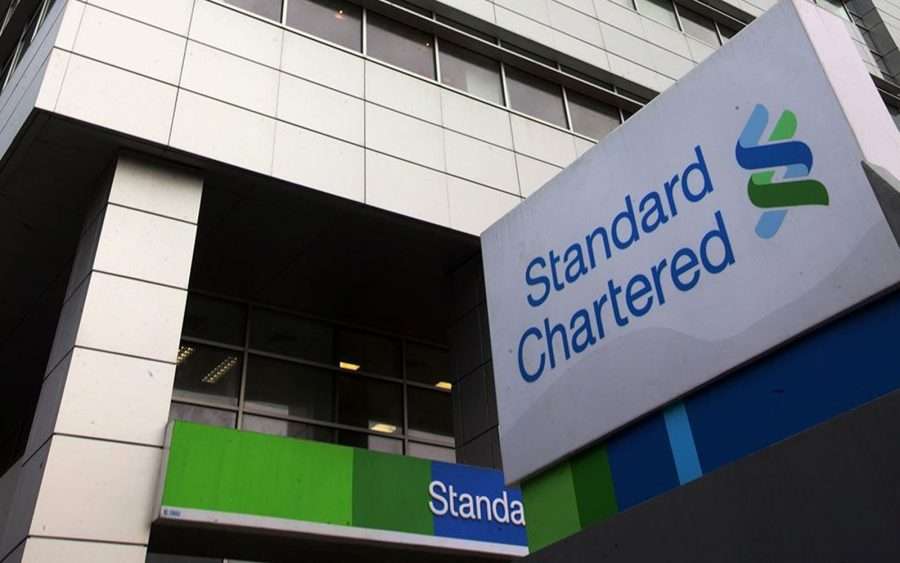By The Weekly Vision Reporter
The appointment of Mr David Mategwa as chair of a caretaker committee at the Kenya Union of Savings and Credit Co-operative (KUSCCO)Ltd by CS Simon Chelugui has caused a stir in the sector following his ouster from the same board in 2019 for lack of proper academic papers.
The Cabinet Secretary for Cooperatives and Micro, Small, and Medium Enterprises Development, Simon Chelugui, last week appointed a 15-member caretaker team to the board of KUSCCO, barely a day after the previous board had been shown the door in what CS Chelugui described as “administrative and financial malpractices,” which occasioned a huge loss of funds amounting to Ksh.5.5 billion. Stakeholders in the SACCO subsector disagree with the CS for appointing Mr Mategwa to head such a critical committee at the moment. The CS was also accused of having appointed Imarisha Sacco CEO Mathew Rotich to the KUSCCO board against the law.
Investigations by The Weekly Vision indicate that Mr. Mategwa was appointed as a board member of KUSCCO in 2019. The board’s repeated requests to him to provide his academic credentials failed. It soon became abundantly clear to the board that Mr. Mategwa did not possess a secondary school certificate. Consequently, the board was left with no alternative but to serve him with a letter of expulsion, effectively removing him from his position on the board.
Soon after being kicked out of the KUSCCO board, Mr Mategwa moved to the Co-operative Tribunal to contest the decision through a Notice of Motion application dated 26.6.2019, under Tribunal Case No. 344 of 2019, seeking orders for a stay of the suspension pending the hearing and determination of this application and the case.
His application was instantly opposed via the replying affidavit of ex-KUSCCO CEO George Ototo, secretary of the board, filed on 1/7/2019. Based on the information, Mategwa was sent a letter by the chairman of KUSCCO on May 23, 2019, requesting his resignation from the board by By-Law 29, which outlines the criteria for membership eligibility that he did not meet.
According to Mategwa, in his letter dated 23.5.19, the chairman of KUSCCO unilaterally purported to suspend for failure to submit an academic certificate. But KUSCCO, in a quick rejoinder, reminded him that by law 29, it was mandatory that “no person shall be eligible for membership on the board of the union or remain as a member of the board if…” That by-law 29 (L) provides for the attainment of an ordinary level of education or its equivalent. By December 2017, the Board of Directors of KUSCCO had taken steps to enforce compliance with by-law 29(L). Despite reaching out to Mategwa for his certificate, their endeavours were ultimately unsuccessful.
In a ruling dated November 7, 2019, the tribunal noted, “We have also noted the provisions of By-Law 29, which are crafted in mandatory terms for eligibility as members of the Board of Directors. We have also noted, resolution on page 8 of the minutes of the meeting held on 21/12/2017 which resolution recommended that all board members were to submit their academic/training certificate and Curriculum Vitae by 3/12/2017”. It is essential to emphasise that Mategwa while being a member of Board No. 3, was present and actively engaged in the meeting where the resolution was being formulated. It is significant to mention that Mategwa has not disputed this resolution.
The ruling reads, “We have also noted that the letter dated 6/7/2018 was addressed to the claimant, urging him to submit his updated curriculum vitae and certificates by 24/7/18.”.
It further reads, “We have also noted the email dated 20/7/18 on the same matter, the email dated 8.8.18 on the same reference, and the letter dated 13/9/18. All these letters request the claimant to submit his academic, professional, and biographical data.”
The tribunal made a point of highlighting that Mategwa failed to provide any evidence demonstrating compliance or response to the letters and resolutions issued by the full board members on December 21, 2017. Further, despite the deadline for submission being November 15, no evidence of adherence or response was presented. The tribunal further noted, “In this regard, there is no evidence or proof that the claimant was eligible for membership or to remain a member owing to the fact that the resolution of 21.12.17 of the full board was the unanimous decision for every member to comply with the specific by-law number 29 (L) by 15.1.18.”.
The final order reads, “We therefore find that the claimant’s application dated 26.6.19 seeking a stay of suspension of the claimant as a member of the board of directors of the respondent has no merit. This is for the main reason that the claimant was never, in the first place, eligible as a member, having not complied with the mandatory by-law 29(L)”.
Considering the verdict as mentioned above, despite Mategwa’s unsuccessful appeal, it is evident that he lacks the necessary academic credentials to not only preside over a committee but also serve as a board member of KUSCCO.





